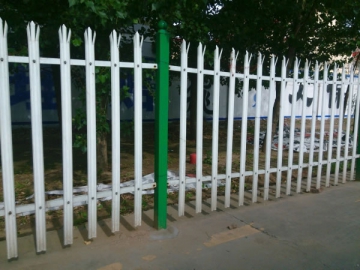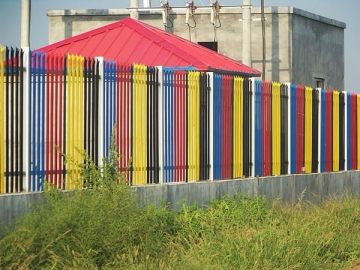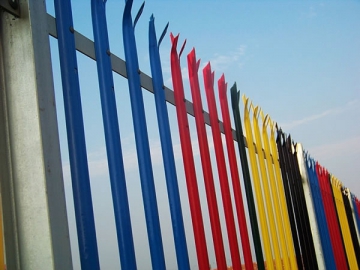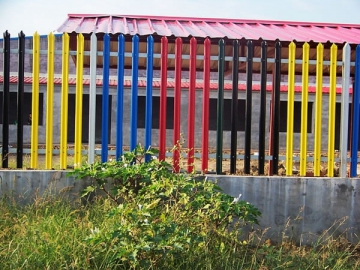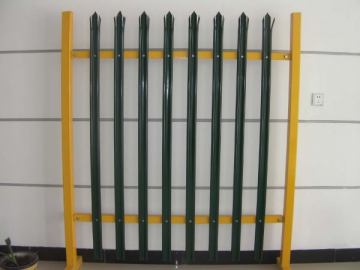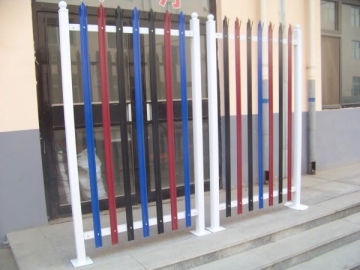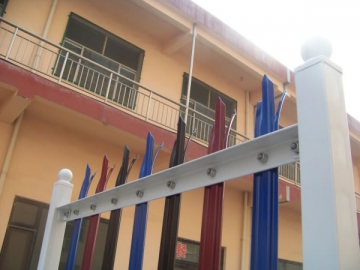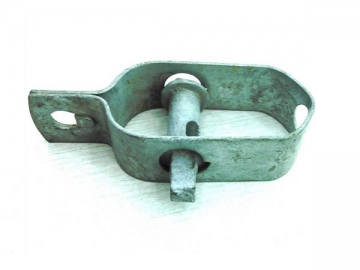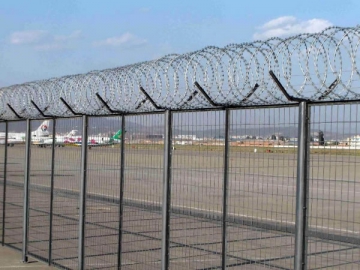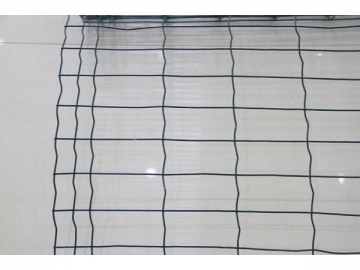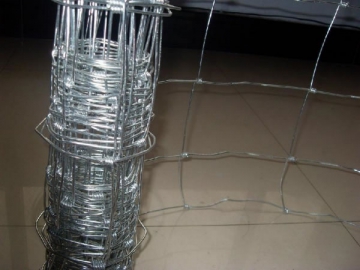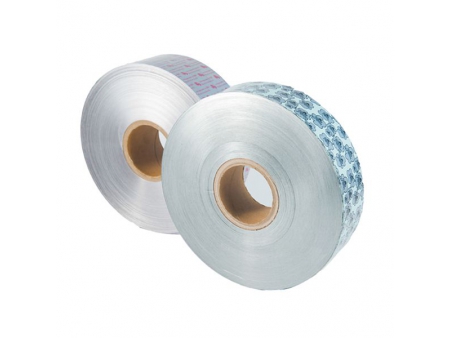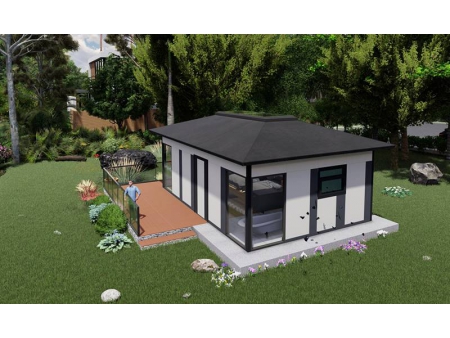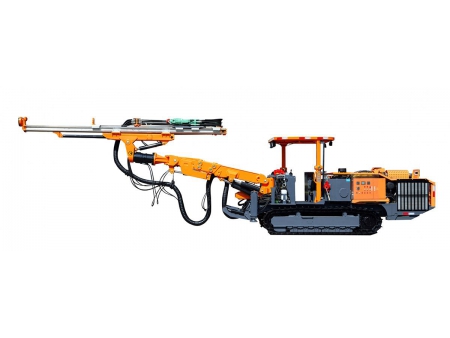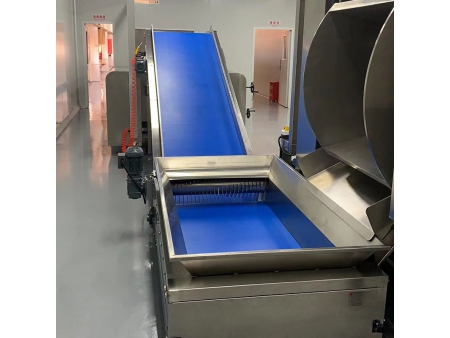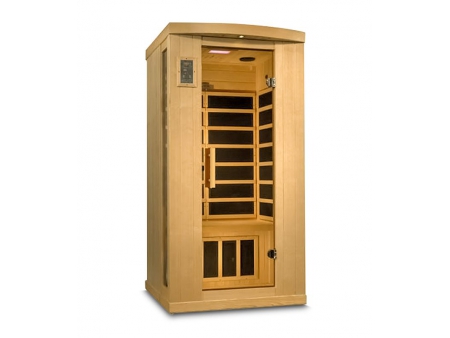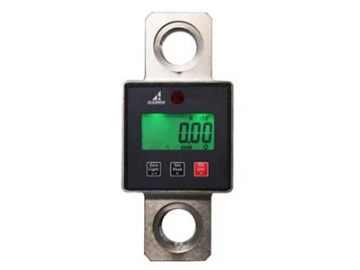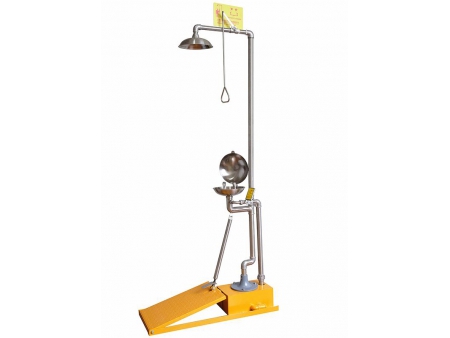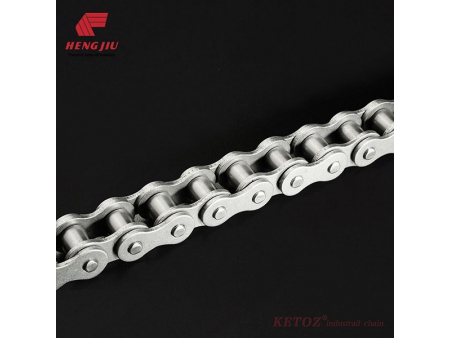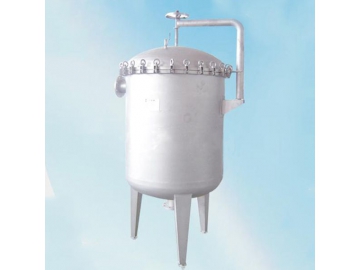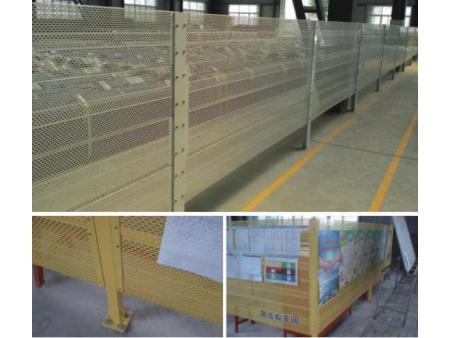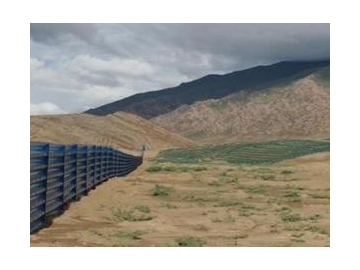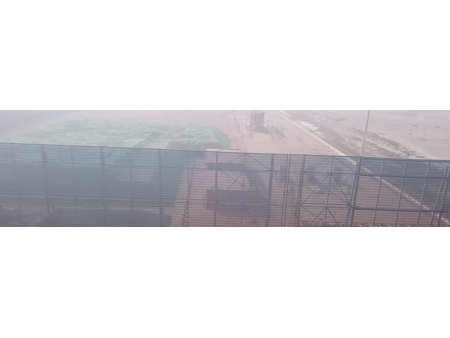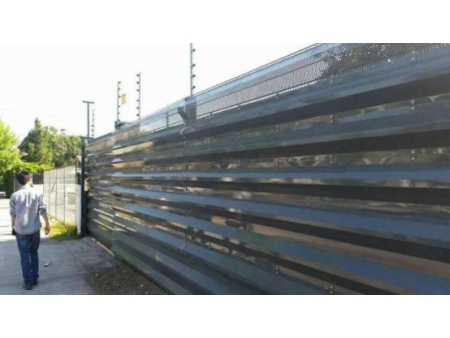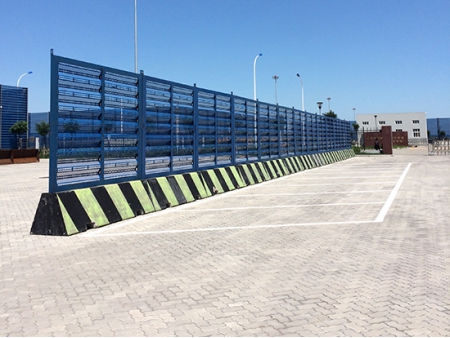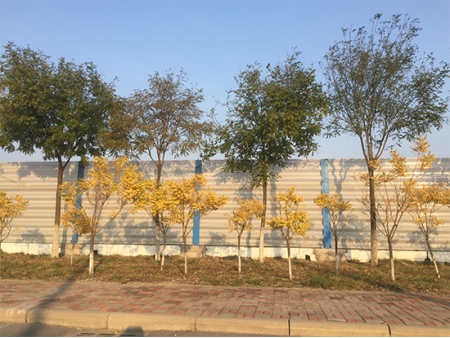Palisade Fence
1. Brief Introduction
Palisade fencing was first used in the UK but has since expanded around the world. This type of fencing merges well with various styles of architecture. This European style fencing is produced in W-type and D-type designs corresponding with the shape of their cross section. Palisade fencing is a popular style of security fencing and allows for flexible installation, particularly on contoured terrain.
2. Specifications
| Stock Fence Heights | Horizontal Rail Angle Section | Posts | Support Feet | |||
| R.S.J. | Length mm | Centres mm | No Per Bay | Length mm | ||
| 1800 mm | 45 x 45 x 6 | 102 x 44 or 100x55 | 2400 | 2750 | 1 | 455 |
| 2000 mm | 45 x 45 x 6 | 102 x 44 or 100x55 | 2625 | 2750 | 2 | 455 |
| 2100 mm | 45 x 45 x 6 | 102 x 44 or 100x55 | 2725 | 2750 | 2 | 455 |
| 2400 mm | 45 x 45 x 6 | 102 x 44 or 100x55 | 3125 | 2750 | 2 | 610 |
| 3000 mm | 50 x 50 x 6 | 102 x 44 or 100x55 | 3925 | 2750 | 2 | 610 |
'D' Section Palisade
'D' Section refers to the shape of the vertical profile, which is best suited for locations requiring a boundary with a forbidding appearance and general damage resistance.
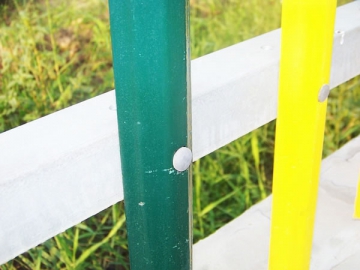
'W' Section Palisade
The 'W' Section profile gives extra protection over the 'D' Section
Product Description
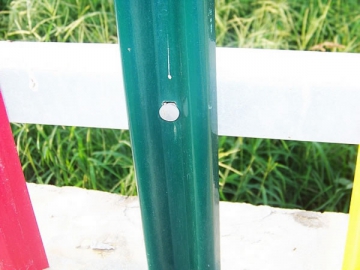
3. Fittings
To fix the pales to the rails, two types of fixings are available. Rivets and collars (M6 and M8) for which a fencing rivet gun is required or M8 bolts with permanent fixings, designed to snap off during erection for a secure installation.
4. Applications
Palisade fencing is widely used in residential yards, gardens, airports, power plants and many other applications.
Other search terms: palisade security fencing, w section palisade, d section palisade, palisade fence panels

